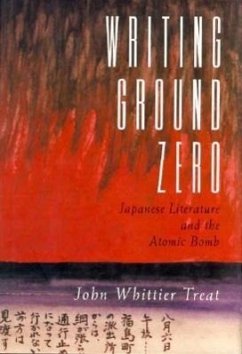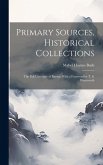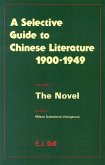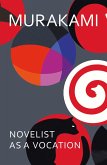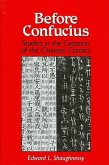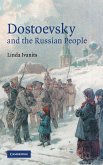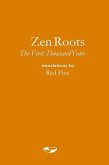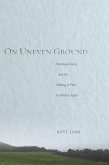From Einstein and Truman to Sartre and Derrida, many have declared the atomic bombings of Hiroshima and Nagasaki to be decisive events in human history. None, however, have more acutely understood or perceptively critiqued the consequences of nuclear war than Japanese writers. Until now the responses of the one people subjected to nuclear war have gone largely unknown outside of Japan. In this first complete study of the nuclear theme in Japanese intellectual and artistic life, John Whittier Treat shows how much we have to learn from Japanese writers and artists about the substance and meaning of the nuclear age. Treat recounts the controversial history of Japanese public discourse around Hiroshima and Nagasaki - a discourse alternatively celebrated and censored - from August 6, 1945, to the present day. He includes works from the earliest survivor writers, including Hara Tamiki and Ota Yoko, to such important Japanese intellectuals today as Oe Kenzaburo and Oda Makoto. Treat summarizes the Japanese contribution to such ongoing international debates as the crisis of modern ethics, the relationship of experience to memory, and the possibility of writing history. This Japanese perspective, he shows, both confirms and amends many of the assertions made in the West on the shift that the death camps and nuclear weapons have jointly signaled for the modern world and for the future.
Hinweis: Dieser Artikel kann nur an eine deutsche Lieferadresse ausgeliefert werden.
Hinweis: Dieser Artikel kann nur an eine deutsche Lieferadresse ausgeliefert werden.

